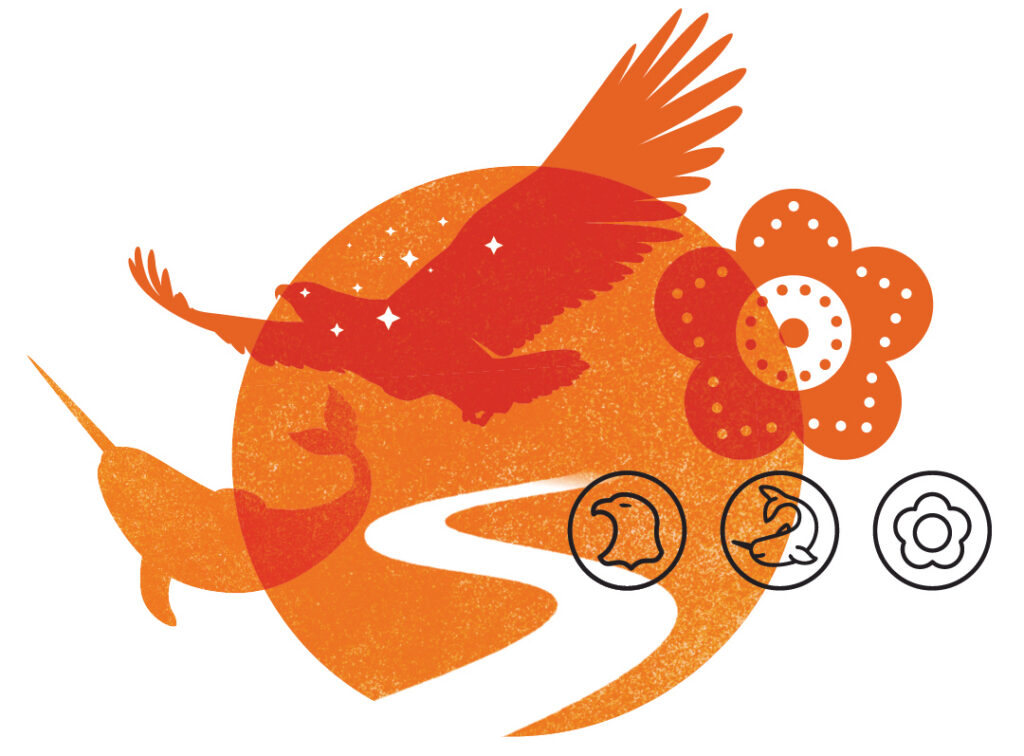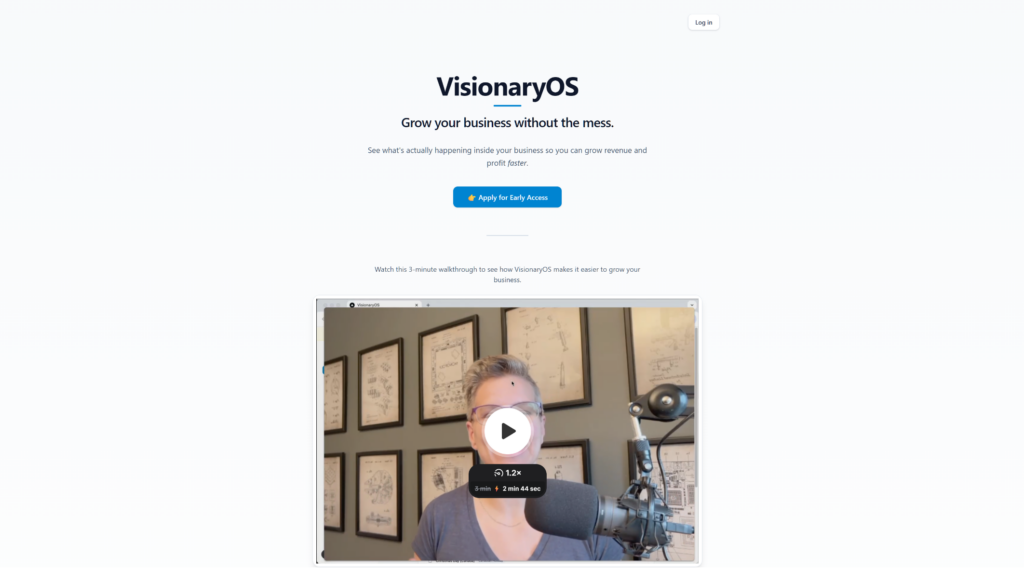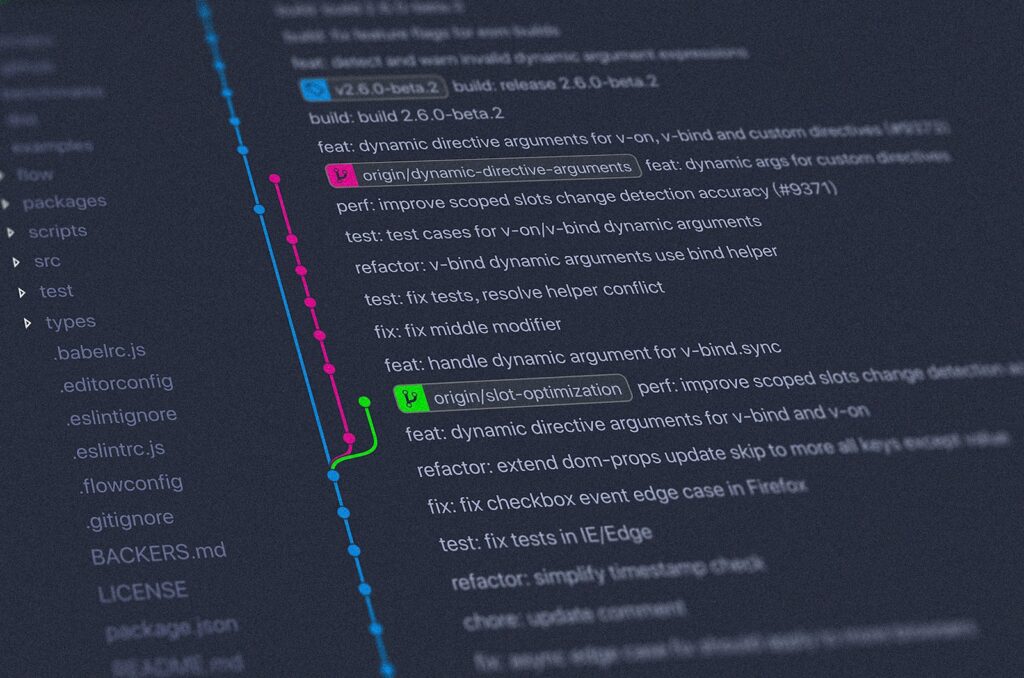The Commons and Solo School operate from the traditional unceded territory of the Cayuse, Umatilla, Walla Walla, and S’ólh Téméxw (Stó:lō) peoples, who continue to live on and love this land today. On this day and always, we stand with the Indigenous peoples of Canada and call on the Canadian government to adopt the 94 Calls to Action from the Truth and Reconciliation Commission.
If you are a Residential School Survivor in need of support today, please contact The National Residential School Crisis Line at 1-866-925-4419.
This essay seeks to de-colonize our lens of entrepreneurship and bring Indigenous ideas around impact and community into our work. Due to the sensitive nature of this subject matter, discussion of this topic is closed.
The most powerful business principle I’ve ever learned came from a 1,000-year-old Indigenous law — not a marketing book.
Because in a world that rewards speed, extraction, and short-term wins, it’s easy to forget that our work and our businesses have ripple effects.
But lately, I’ve been sitting with a principle from the Great Law of the Haudenosaunee Confederacy.
It teaches that leaders should make every decision with the well-being of the next seven generations in mind.
Not just the next quarter.
Not just the next launch or campaign.
But the people who will inherit the results long after we’re gone.
It’s not a metaphor.
It’s a mandate.
This principle asks us to pause and consider:
What will the ripple of this choice look like seventy, a hundred, even two hundred years from now?
It comes from a worldview that understands we’re not owners of the land, the water, or the world.
We’re borrowing it.
We’re in relationship with it.
And we’re responsible for what we pass on.
This is such a powerful contrast to how most of us are taught to move through the world, especially in business.
Consider the questions we’re taught to answer:
- What’s the ROI?
- How do we maximize profit?
- How fast can I grow this?
- What do I need to say to make the sale today?
But what if we asked ourselves different questions? Questions like:
- What kind of decisions would I make if I knew they’d ripple out seven generations from now?
- What kind of business would I build if I knew my great-great-grandchildren might still feel its effects?
- What does it mean to build a business that doesn’t just extract, but gives something back? That holds the future in mind, not just the next deadline?
Funnels, conversion rates, profit margins … these aren’t inherently bad.
But when they become the only lens we look through, we lose sight of something critical:
That there are humans on the other side of everything we build.
And the choices we make about how we sell, what we create, and who we serve… they don’t just impact our clients.
They impact families.
They impact communities.
They even impact the land beneath our feet.
And not just for today, but for generations to come.
This kind of thinking shifts everything.
It slows us down. It challenges the myth of urgency.
And it softens the grip of short-term optimization.
It’s not always easy to act on this.
Especially when the pressure is real.
When the bills are due.
When the world rewards speed and noise.
But there’s wisdom in slowing down.
Zooming out.
Rooting deeper.
Not because it converts better.
But because it’s simply the right thing to do.
⸻
Further Reflection and a Way to Contribute
Between 1831 and 1996, more than 150,000 Indigenous children in Canada were taken from their families and placed in Residential Schools. These institutions were explicitly designed to erase their language, culture, and identity.
Thousands never came home.
And the harm didn’t end in 1996.
It continues through families, communities, and generations.
If the principle of seven generations calls us to build with the future in mind, it also calls us to look back with honesty and accountability.
To listen.
To remember.
To support the work of healing and justice.
One organization doing vital work in this area is the Indian Residential School Survivor’s Society.
If this article stirred something in you, I invite you to learn more, donate if you’re able, and reflect on how your own work might contribute to a future rooted in care.
Because what we build today shapes what the next generations will inherit. And that matters.







